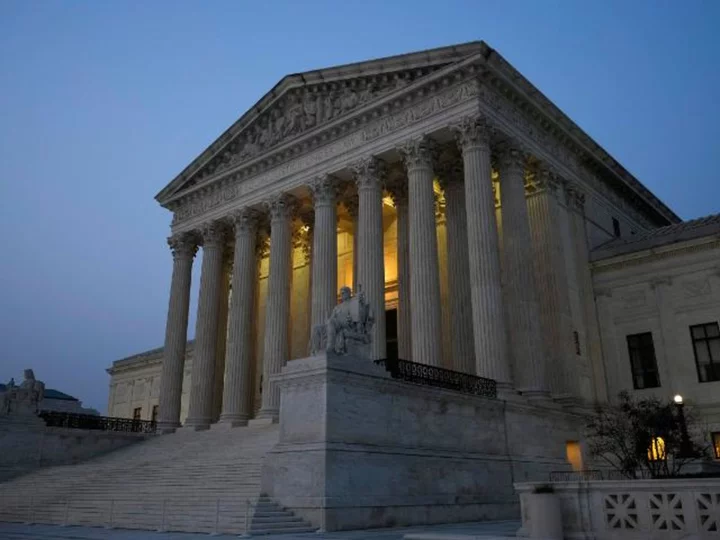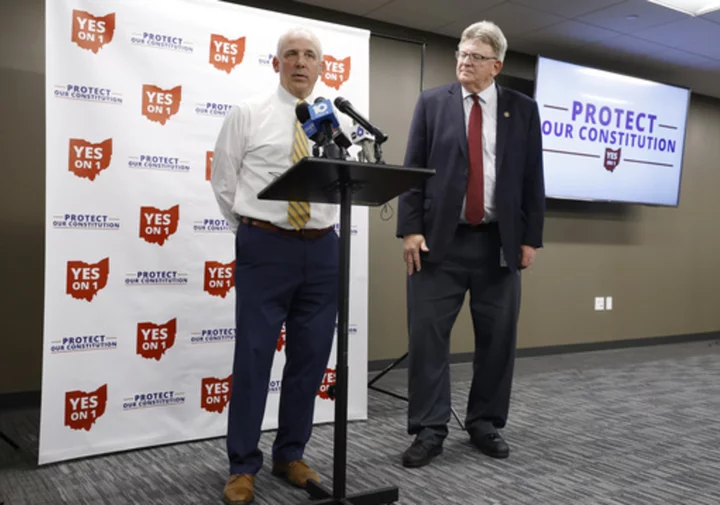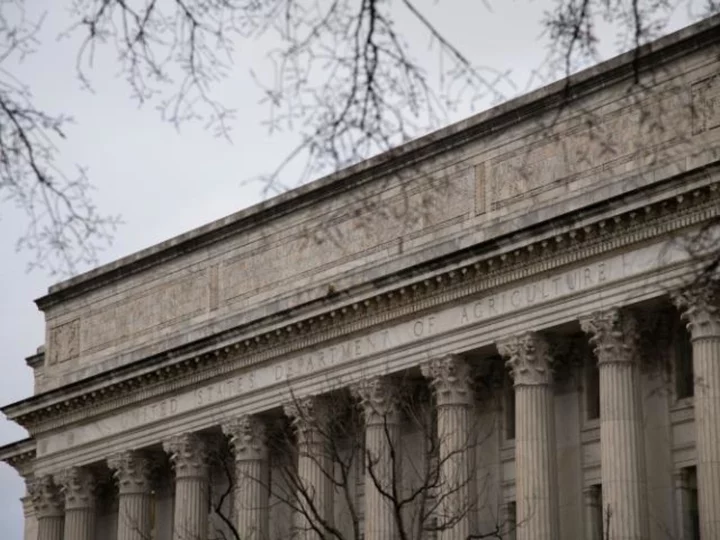Approval ratings of the US Supreme Court remain at record low levels and Americans are closely divided on Justice Clarence Thomas, as the court continues to issue controversial opinions and is hit with criticism about ethics standards.
The latest results are based on a Gallup poll conducted in July, just after the high court finished another blockbuster term deciding that colleges could no longer use race as a factor in deciding admissions, striking down President Joe Biden's student-loan forgiveness plan and ruling in two major voting rights cases.
The court's current 40% approval rating remains steady but reflects unhappiness about the court's actions to eliminate the nationwide right to abortion. From 2017-to mid-2021 the court's approval rating was at 49% or higher, but its rating plunged to 40% in September 2021 after the justices allowed a restrictive Texas abortion law to stand, later overturning Roe v. Wade.
Back in September 2000, the first year in which Gallup measured opinions of the Supreme Court, the court had a 62% approval rating, on average 51% have approved of the Supreme Court over the past 23 years.
Opinions differ starkly by political party. 62% of Republicans versus 17% of Democrats approve of the job the court is doing as do 41% of independents.
The poll also reflects that Americans' views of Thomas -- the court's longest serving member who has been embroiled in ethics disputes -- are divided with 39% viewing him positively, 42% negatively and 19% with no opinion.
It has been eight years since Gallup last measured opinions of Chief Justice John Roberts and 18 years for Thomas, and the numbers have changed significantly.
In July 2015, for instance, after the court ruled in favor of same-sex marriage and Obamacare, 44% of Americans had no opinion of the chief, but the remainder were closely split -- with 29% favorable and 27% unfavorable. Eight years later, favorable opinions of Roberts have increased by 14 points.
Currently, 43% of Americans have a favorable opinion of Roberts and 30% an unfavorable one, with 27% not having an opinion either way. Roberts' highest favorable rating was 50% in September 2005 after he was nominated to the high court by former President George W. Bush.
Roberts is carefully navigating an emboldened conservative majority that has moved the law sharply to the right in key areas, showing little hesitancy at times to overturn decades old precedent.
Thomas' last approval rating was in 2005 and it was his best to date with about twice as many Americans having a favorable (44%) as unfavorable (23%) opinion of him.
Thomas has been under the spotlight lately after news reports emerged that a GOP megadonor had paid for luxury travel for Thomas and his wife and that the justice had failed to disclose the gifts on annual campaign disclosure forms. ProPublica, the outlet that first disclosed the details, went on to report that the donor, Harlan Crow had also engaged in private real estate deals with Thomas and his family and had paid for private boarding school tuition for Thomas' grandnephew.
According to the poll, opinions of both men differ sharply according to political party. Six in 10 Republicans have a favorable opinion of Roberts, while 52% of Democrats have a negative one.
Republicans are slightly more positive toward Thomas than they are toward Roberts -- with a 67% favorable rating -- while Democrats are much more critical of him, with 76% viewing him in an unfavorable light.
Gallup surveyed 1,015 US adults on July 3-27, using live telephone interviewers to contact both landlines and cell phones. The results have a margin of sampling error of plus or minus 4 percentage points.









